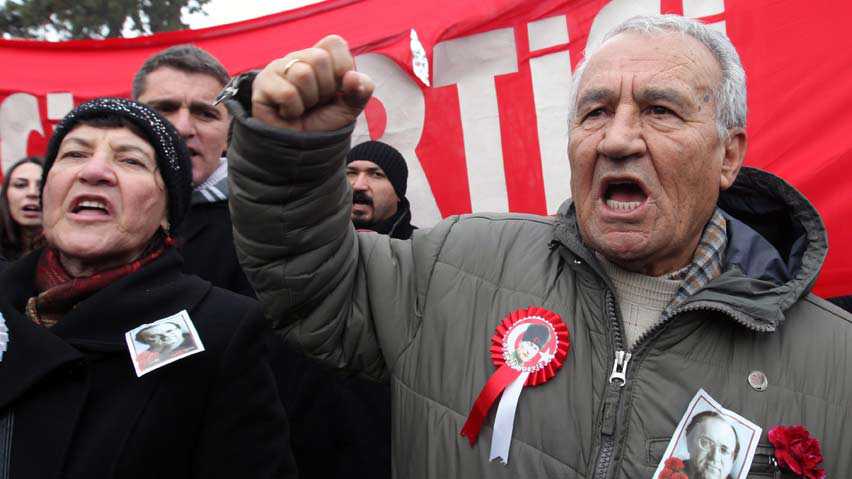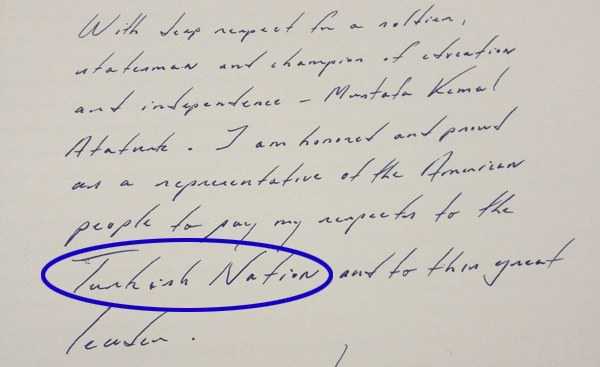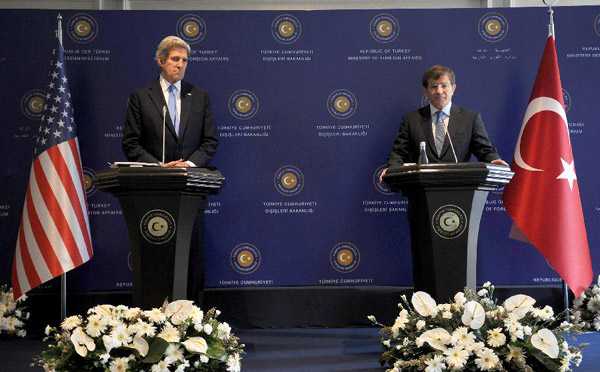Does the United States or Israel really need Turkey’s help with Syria or Hamas, which controls Gaza, or are we simply offering Ankara a path back to relevance and responsibility?
Turkey has nearly come to blows with all sides in Syria’s civil war, and has forcefully retaliated against cross-border incursions. On Gaza, Turkish Prime Minister Erdogan has willingly escalated tensions with Israel, almost to the point of outright hostilities. The new Turkey-Israel rapprochement initiated last month by President Obama has yet to bear fruit.
When Gaza and Israel had a hot war last year, raining missiles across half of Israel, it was Egypt’s new Iran-leaning government that brokered the ceasefire, not the once moderate Turkey. Earlier, even amid its volatile post-Mubarak transition, it was Egypt that negotiated the prisoner exchange to release Israeli Corporal Gilad Shalit from Hamas captivity. Egypt, and not Turkey.
If we’re seeking a more stable alternative to Egyptian mediation, Turkey may not be the best candidate (see under: Jordan). Erdogan’s own verbal and physical actions, which include insulting and literally walking out on Israeli President Peres at Davos a few years ago, give the impression of an intemperate and inflexible ideologue. His government’s show trials of top generals and literally hundreds of senior officers have removed a key stabilizing force, a military that used to reassure Israel and the West regardless of mood swings in Turkish politics.
In an effort to avoid the risks of directly criticizing Erdogan, Turkish commentators and politicians are increasingly channeling their distaste to the Mideast policies of his Foreign Minister, Ahmet Davutoglu. They’re upset that Turkey has lost credibility in the region, despite being so openly supportive of the ascendant radical Islamist movements — and possibly because it is alienating Western allies. If Turkey weren’t locking up so many of its journalists, along with the generals, we might hear more about that.
When President Obama officiated last month at Israeli Prime Minister Netanyahu’s long-distance apology to Erdogan for the 2010 “flotilla” deaths, the world had the impression that Turkish-Israeli goodwill was revived. But within minutes of hanging up the phone, Erdogan let it be known that he’d forced Israel to apologize, and that he would now be waiting for compensation and the lifting of Israel’s naval blockade of Gaza before any return of ambassadors.
All this raises the question: Do we need Turkey more than Turkey needs us? And, if we do need Turkey, when exactly might Ankara start responding to our repeated entreaties?
Since being cold-shouldered by the European Union a few years ago, Erdogan has notably upped his Islamic politics and he seems to lack his former equanimity. What we — the West, the Gulf, Israel — really need is less, not more, confrontation and brinkmanship. What Turkey needs, for its economy and security, is to be seen as part of the solution. Any solution.
Mr. Erdogan has been worrying about payback on a largely forgotten matter — the “flotilla”, which a United Nations panel has blamed on both sides. He might serve his constituents best by focusing instead on the sort of reciprocity it will take to regain Turkey’s stature as a regional referee and sober counterpoint to Iran, and as an indispensable bridge between East and West. His 15 minutes are almost up.
via Shai Franklin: What Part of “Yes” Doesn’t Turkey Understand?.







